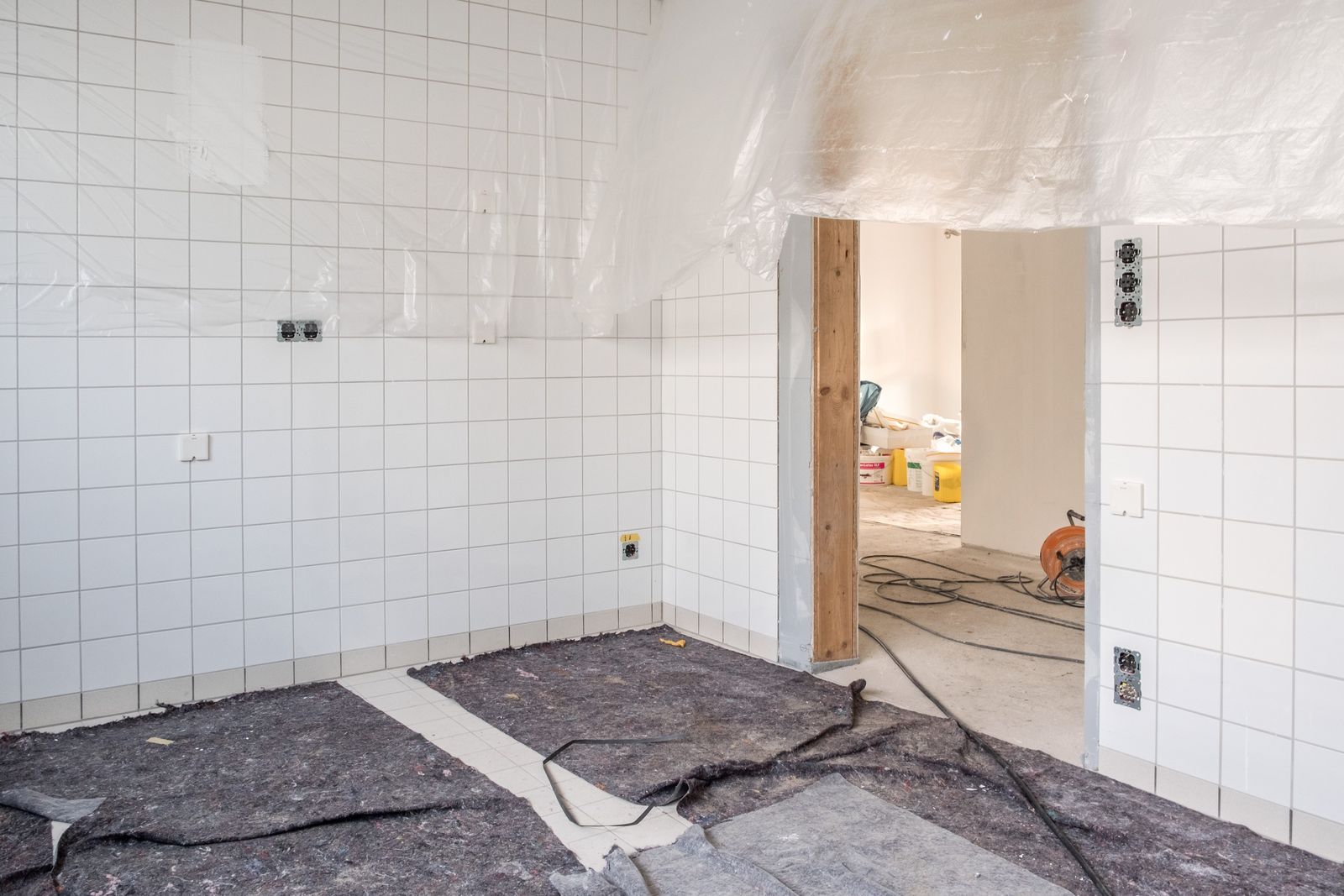
Renovating a recently rented commercial real estate space can become a troublesome endeavor if caution is not exercised. For instance, your landlord might reject certain renovations necessary for your business operations. Unforeseen expenses or delays can adversely impact your budget and disrupt the smooth functioning of your business. Additionally, seeking financial assistance from your bank may result in rejection when it is most needed.
Having a bit of foresight can greatly contribute to the success of your renovation project. According to Reese Jenkins, the Director of BDC Corporate Financing, renovating a leased space can be quite costly. Therefore, it becomes crucial to safeguard the value of your investment. By adopting an appropriate strategy, you can effectively engage your landlord and considerably minimize your expenses.
Jenkins outlines eight essential guidelines that businesses should adhere to while undertaking leasehold improvements, also referred to as tenant improvements.
- Efficient Planning
In order to reduce potential difficulties, it is advisable to thoroughly assess your company’s spatial requirements before leasing a commercial space, whenever possible. Take into account not only your present needs but also anticipate future expansion. It may be beneficial to consult with a specialist in operational efficiency to explore possibilities of rearranging your workspace to occupy less area. Subsequently, establish a well-defined budget for your spatial necessities.
- Communicate with the property owner about your intentions
During lease negotiations, it is crucial to have a conversation with the property owner regarding any renovation plans you may have. It is important to ensure that the property owner agrees to your proposed plans before finalizing the lease agreement. Additionally, make sure that the lease agreement permits both your immediate renovation work as well as any future renovations you may undertake.
Jenkins advises that it is important to gauge the landlord’s willingness towards your renovation proposals. The landlord might object to anything that could potentially diminish the building’s value.
It is crucial to ensure that the building has the necessary structural capacity to accommodate your renovations and any equipment you plan to install.
If you find yourself in a disagreement with your landlord regarding future work, you have the option to include a lease clause that requires both parties to attempt mediation before resorting to legal action.
- Safeguarding your possessions
When engaging in lease negotiations, it is essential to ensure that the lease agreement or any additional clauses explicitly specify which belongings you are allowed to take along when vacating the premises, as well as which items are deemed integral parts of the building.
Usually, individuals are permitted to only take items that can be easily taken away, like furniture, stock, and computers (also referred to as trade fixtures). Any assets that are permanently fixed or connected to the property are generally considered as integral parts of the building and cannot be removed unless explicitly stated otherwise in the lease agreement. Such assets may include machinery, flooring, and shelving that is built into the structure.
Make sure that your lease clearly states the position of all the assets you intend to take with you when you vacate. Additionally, if your machinery is financed by a bank, they may also insist on including a similar provision in the agreement.
- Explore incentives from landlords
Many property owners understand the importance of having good tenants to enhance the value of their commercial real estate. Therefore, it is worth considering requesting financial assistance from the landlord to cover renovation expenses. This can be a helpful way to reduce some of the costs associated with renovations. Keep in mind that the landlord’s willingness to provide incentives may vary depending on factors such as their urgency to fill the space, the vacancy rate, location, and age of the building, as well as your value as a tenant.
Another possibility is that the landlord takes on the responsibility of overseeing and covering the expenses for the desired tasks.
- Secure the appropriate financing
Prior to finalizing the lease agreement, arrange a meeting with your bank representative to deliberate on your requirements for financing in relation to the enhancements and changes you plan to make. Ensure that you obtain the suitable amount of funding and thoroughly explore all available financing alternatives. For instance, it may be beneficial to consider obtaining a term loan, a working capital loan, and/or a line of credit to assist with covering renovation expenses and alleviating pressure on your cash flow.
- Collaborate with experienced professionals
Obtain estimates for the renovations from reliable contractors who possess expertise in similar projects and have a proven record of completing assignments promptly. It is important to thoroughly review their references. Together with your chosen contractor, evaluate your renovation requirements and acquire any required permits well in advance of the moving day.
Additionally, it is advisable to seek the expertise of a well-respected business attorney who specializes in lease agreements to thoroughly examine your lease.
- Simplify the changeover process
Collaborate with your staff to establish a schedule for conducting renovations and relocating resources in a manner that reduces disruption for your company.
To minimize disruptions caused by renovations, it is advisable to allocate a contingency fund and allow some extra time in your schedule. This can help prevent exceeding your budget and missing deadlines.
- Supervise the progress
Ensure that you closely observe the renovations to determine if they are progressing as scheduled and within your budget. This will allow you to promptly make any necessary adjustments in the event of unforeseen obstacles. According to Jenkins, it is highly uncommon for a project’s budget to align perfectly with every aspect. Therefore, be ready to eliminate or postpone certain tasks if there are cost overruns or delays.


